Work Happy
What Great Bosses Know
Number of pages: 368
Publisher: Center Street
BBB Library: Leadership, Personal Success
ISBN: 978-1455507436
Editorial Review
Even if you’re smart, dedicated, and have a stellar work ethic, you have gaps in your supervisory skills. You make mistakes that could hurt employees, your company, and your own career. You may get some limited training, depending on your organization. You might find mentors to guide you. You might invest in some books. But which books? The store shelves are full of them and you have precious little free time. This summary will help you find ways to assess your performance and potential as a leader, and, most of all, provide concrete tools to help you improve – all toward your goal of being a great boss.
Book Reviews
Books on Related Topics
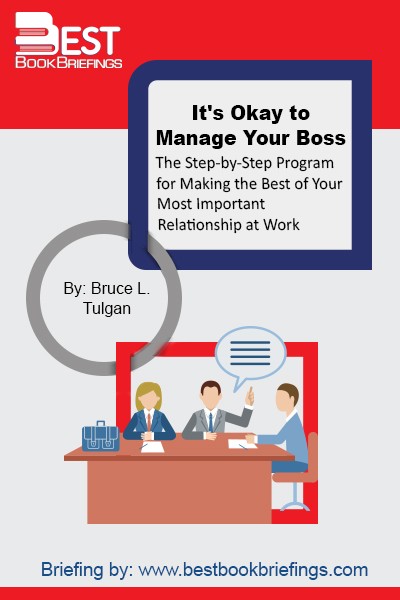
Social capital consists of the stock of active connections among people: the trust, mutual understanding, and shared values and behaviors that bind the members of human networks and communities and make cooperative action possible. It makes an organization, or any cooperative group, more than a collection of individuals’ intent on achieving
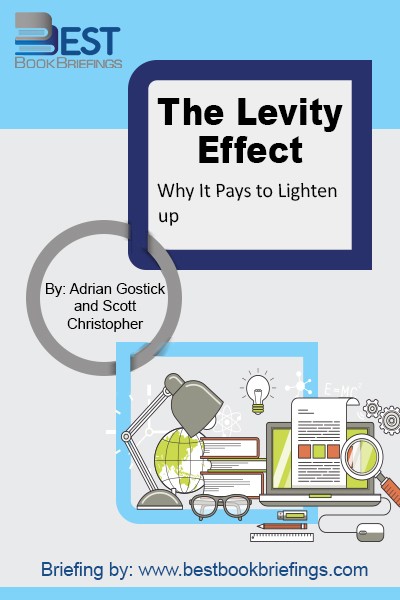
The Levity Effect is no laughing matter. It is a serious work of notification about the powerful influence of laughter and lightness on organizational performance and personal health. It proves the theory that you can work hard, reach impressive goals, and still have fun doing it. It is really a humorous,
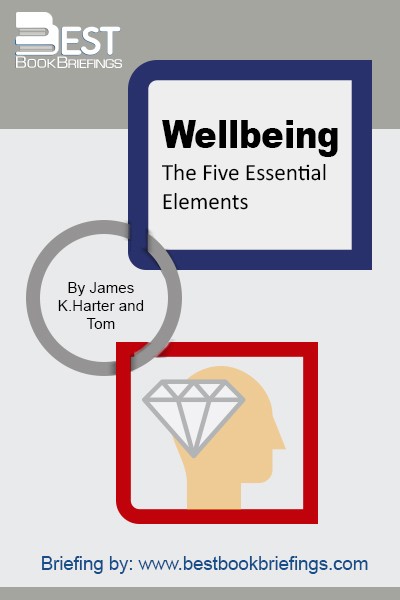
Wellbeing isn’t just about being happy, wealthy or successful. And it’s not limited to physical health and wellness. Wellbeing is all the things that are important to how we think about and experience our lives. It is about a combination of our love for what we do each day, the quality of
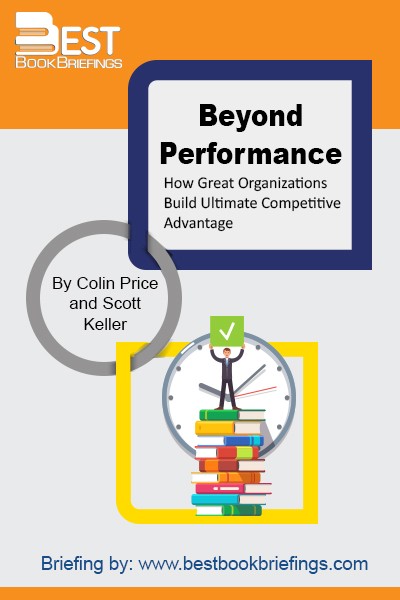
Transformations that ignore health and focus only on performance are 1.5 times more likely to fail in the long run. The good news here is that research and experience both tell us that performance and health are not in conflict, but are complementary. To see why, consider a sports team that
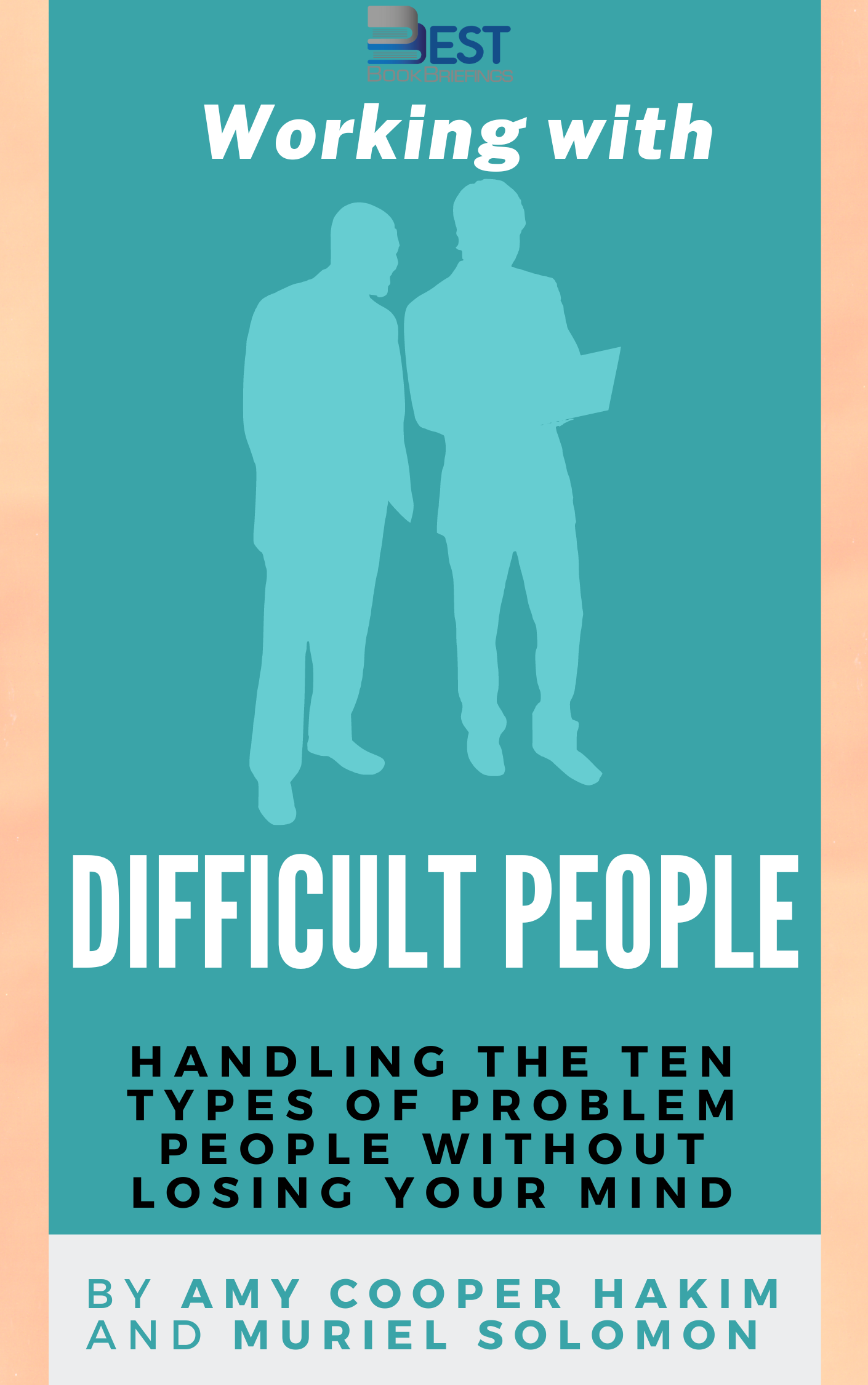
We all need people in our lives to teach us things, nurture us, and help us grow or anything else that supports our personal development. The dilemma, sometimes, can be whether they deserve to stay in our lives or it’s better to get rid of them. Absolutely, we have a family
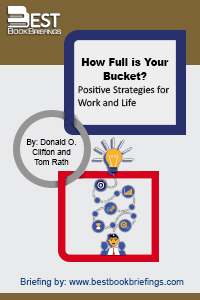
How Full Is Your Bucket? reveals how even the briefest interactions affect your relationships, productivity, health, and longevity. Organized around a simple metaphor of a dipper and a bucket, and grounded in 50 years of research, this book will show you how to greatly increase the positive moments in your work and



